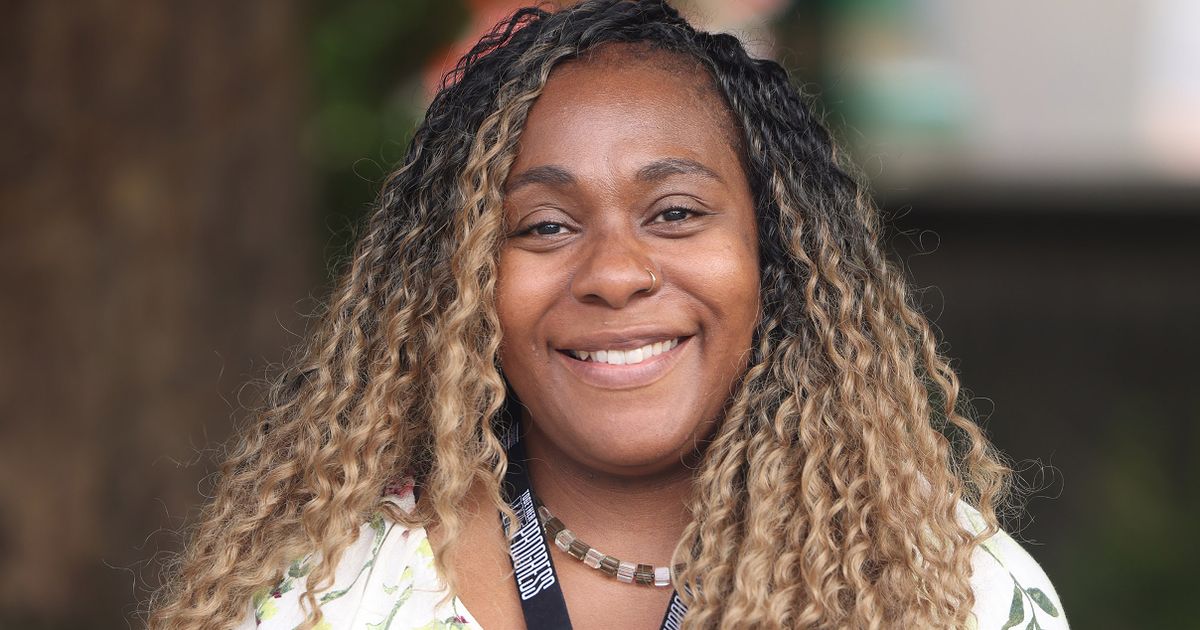As Liverpool marks 20 years since the racially-motivated murder of Anthony Walker, his sister Dominique Walker reflects on a legacy forged in pain, activism and hope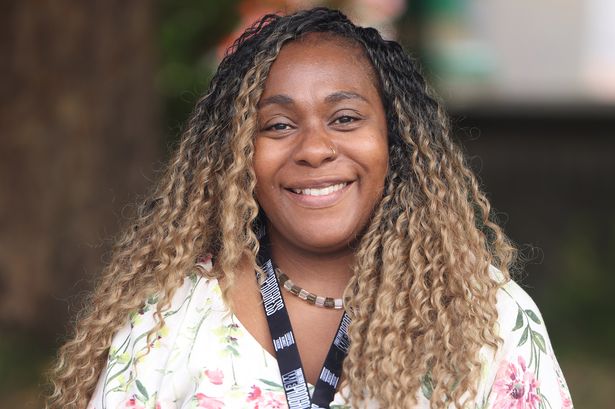 Anthony Walker’s sister Dominique Walker(Image: Liverpool Echo)
Anthony Walker’s sister Dominique Walker(Image: Liverpool Echo)
“I remember I didn’t speak until the age of five and Anthony used to communicate for me. We used to have our very own secret language which we still use now, and we speak every day.” These are the heartfelt words of Dominique Walker, speaking this week about the murder of her brother Anthony and the life they shared before tragedy struck.
It has been 20 years since the racially-motivated murder of Anthony Walker. His sister Dominique, reflects on a legacy forged in pain, activism and hope. Speaking candidly about the trauma which reshaped her family’s life, Dominique has emerged not just as a sister in mourning, but as a mother, a celebrated academic and an unrelenting advocate for justice and anti-racism. However, it’s fair to say those achievements have come with a cost.
Anthony Walker was just 18-years-old when he was chased into a park and attacked with an ice axe. It was a brutal and merciless hate crime that shocked the entire country and left Anthony’s family and friends completely devastated.
His killers Michael Barton, then 17, and his cousin Paul Taylor, then 20, fled the country in the hope of avoiding justice and answering for their vicious crime. Both were eventually taken into police custody, convicted of murder and sentenced to life imprisonment.
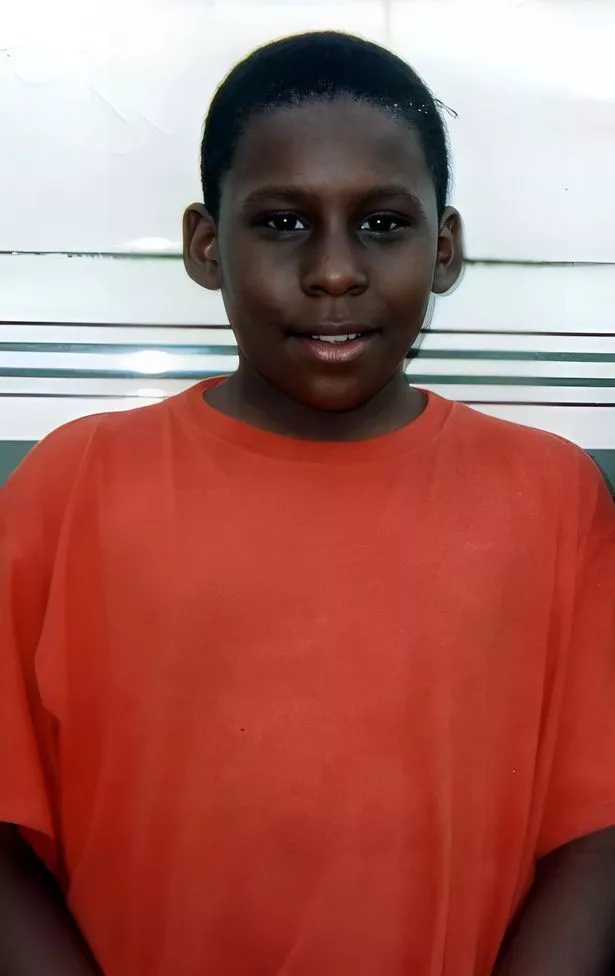 Anthony Walker(Image: Anthony Walker Foundation)
Anthony Walker(Image: Anthony Walker Foundation)
Dominique said she had known Barton and Taylor since childhood: “I’d seen Paul [Taylor] the week before Anthony was killed and that was normal. We all grew up in the same area together.
“When you’re raised in a place like Liverpool, everyone knows everyone. I knew his family and they knew our family. Our mums shared the same playgrounds.”
But familiarity didn’t protect her brother from hatred.
The theme of protection is one which resonates with Dominique who saw herself as the protector of her three younger siblings. She said: “When Anthony was killed, I felt I hadn’t done my job and that I hadn’t understood the level of threat we were living with.
“I needed to make sense of what had happened. I wanted to demystify the criminal justice processes, police investigations and also the drivers of hate and prejudice.
“I wanted to know why these things happened, why it happened to me and my family and what I could do to try and prevent it happening to anyone else. I knew I couldn’t do it for our Anthony but I could do it in his name.”
In the following twenty years, Dominique has worked tirelessly to accomplish all of those things. After establishing the Anthony Walker Foundation and a career in the police force, she has recently completed her PhD and is a senior lecturer in police and forensics investigations at Liverpool John Moores University. Her next target is to become a professor.
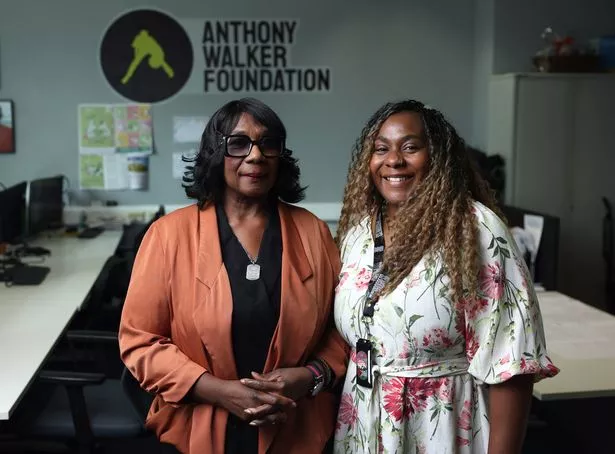 Anthony Walker’s mother Gee Walker with her daughter Dominique(Image: Liverpool Echo)
Anthony Walker’s mother Gee Walker with her daughter Dominique(Image: Liverpool Echo)
Dominique’s drive to understand the world and seek out new opportunities for learning are truly inspiring, but she said she does wonder what the motivations are for striving for more and more things. She said: “I think some of it’s trauma driven. I think joining the police was trauma driven. I wanted to arrest racists and I did. I was good at my job, but I also wanted to help Black people, to understand the system from the inside.”
“The urge to understand and use that information as a tool to protect myself and others – that was intensely motivating. Alongside that, I’ve had significant therapy because the trauma was so vast and so impactful and the fact I was so young as well.
“I don’t think people understand the damage that happens to families when something like this happens. There is an inherent damage in relation to your perception of self and your perception of others.
“The day Anthony died was the worst day of my life. I remember my mum didn’t speak for two weeks afterwards. Nobody could. People look at me now as the mouthpiece of the foundation, but it was born of that time because I needed to speak and I haven’t stopped talking since.
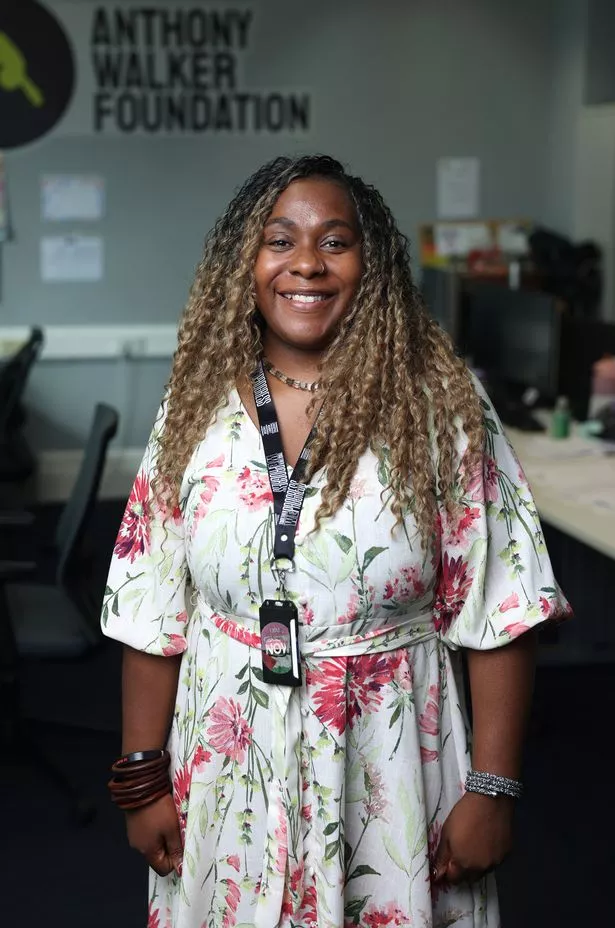 Anthony Walker’s sister Dominique Walker(Image: Liverpool Echo)
Anthony Walker’s sister Dominique Walker(Image: Liverpool Echo)
“I recognise the importance of dialogue because we need wider, deeper, more insightful conversations about race, developing our racial literacy because we’ve got none. Race is a figment of our imagination, but the realities of racism are very real.”
Anthony’s murderers robbed him of a future filled with so much promise and possibility. At the time of his death, Anthony was a youth worker, an active member of his church and aspired to become a lawyer. Dominique said: “Anthony was the best of us and he had such big plans.
“Whereas I was just concerned about going out with my mates, Anthony had already shaped out his path. He used to joke with me that I’d be working for him one day – twenty years after his death, he was spot on about that one!”
Through the foundation, Dominique works across Merseyside, running programs that empower young people – of all backgrounds – to recognise and stand up to racism. The foundation is largely split into two teams – one to support victims of hate crime and a second to provide educational opportunities for schools and workplaces to promote equity and inclusion.
After two decades, Dominique is looking to the long-term future of the foundation and hopes to pass the baton to a younger generation, she said: “I think about my brother every day and I know he would be happy with the work we’ve done in his name, but I know he also wants me to be happy outside of that.
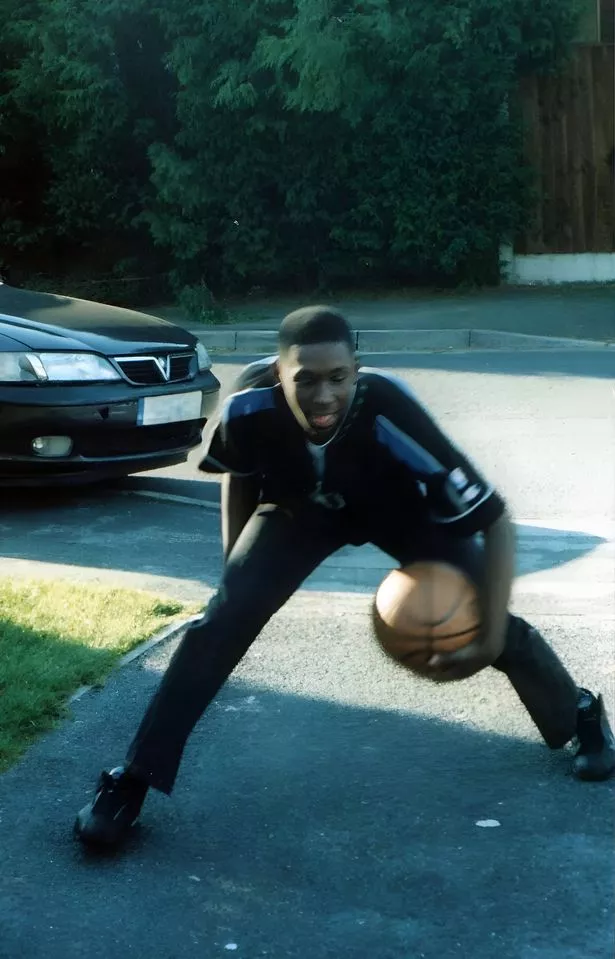 An image of Anthony Walker playing basketball, which later became the logo for the Anthony Walker Foundation(Image: The Walker family)
An image of Anthony Walker playing basketball, which later became the logo for the Anthony Walker Foundation(Image: The Walker family)
“I am a mum, I am married and balance my academic career with my work here, but recognised I also needed to heal. I need to find strategies that will also allow me to centre joy.
“Part of that is maintaining a relationship with Anthony outside of what happened. To live with the relationship we had and still have.
“I have learned that embracing joy is not selfish nor does it lessen the significance of our loss, but that it’s essential because it brings people together and it’s what makes us human.”
As the city remembers Anthony Walker, Dominique said it’s important to use this moment as an opportunity to reckon with the unfinished fight for racial justice, led by people like her, who turned personal tragedy into transformative power.
However, she added that it’s equally important to remember Anthony as the person he was – a young man with dreams, passions and surrounded by love.
